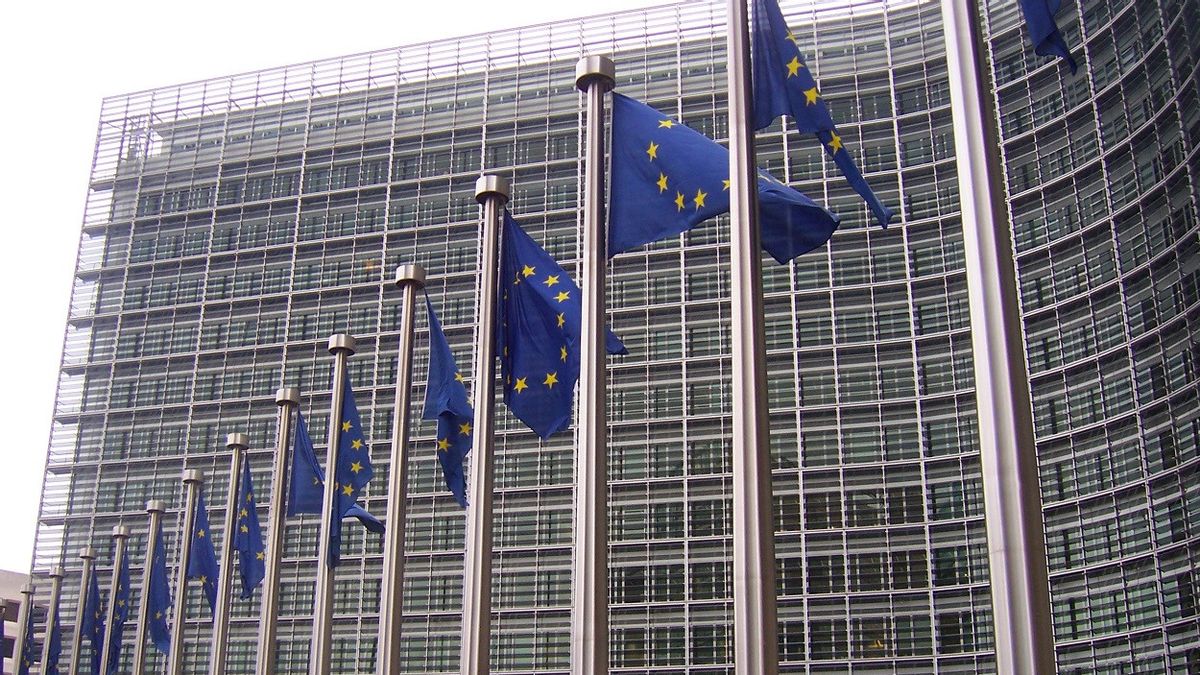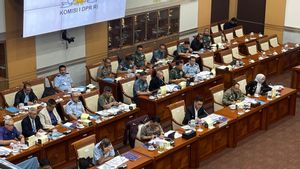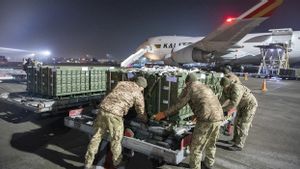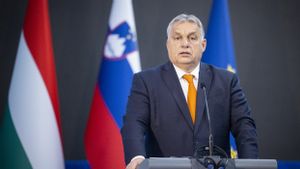JAKARTA - The European Union's (EU) Foreign Minister on Wednesday decided to complicate Russian citizens getting visas for travel to the bloc's territory, but did not approve of a visa ban across their territory.
The European Union was divided into approving a comprehensive ban at this stage, with no clear yet what unilateral action Estonia, Latvia, Lithuania, Poland, and Finland could take to limit access to Russian visitors.
These five countries welcomed the suspension of the Russian visa facilitation agreement as a step in the right direction, but four of them stressed that more needs to be done to " drastically" limit the number of visas issued, with Russians traveling to the bloc since Moscow's invasion of Ukraine in February.
"Until these measures are implemented at the EU level, we will consider introducing temporary measures to ban visas at national levels, or limiting border crossings for Russian citizens holding EU visas, to address imminent public security concerns," Latvia, Lithuania, Estonia and Poland said in a joint statement.
Russian Deputy Foreign Minister Alexander Grushko said Moscow would not allow the move "unconsequential", according to RIA news agency.
"If Brussels decides to shoot themselves in the leg once again, it's their choice," he stressed.
Meanwhile, Czech Foreign Minister Jan Lipavsky said the EU executive commission would indeed be looking for ways to go further, including what Lipavsky said was around 12 million Schengen visas having been issued to Russia, referring to the 26-state open border zone.
Separately, EU foreign policy chief Josep Borrell argued that the suspension of the visa facilitation agreement would automatically have a real impact.
"This will significantly reduce the number of new visas issued by EU member countries. This will be more difficult, it will take longer," he explained at a press conference at the end of the EU foreign ministers' two-day meeting in Prague.
Borrell said a substantial increase in border crossings from Russia to neighboring countries since mid-July, had made it necessary to suspend visa facilitation agreements.
"This has become a security risk for these neighboring countries. In addition, we have seen many Russians travel to relax and shop as if there is no war raging in Ukraine," he said.
It is known that more than 1 million Russian citizens have entered the block through land border points since the beginning of the Ukrainian invasion, most of them through Finland and Estonia, the EU border agency, Frontex said.
Ukraine has repeatedly said ordinary Russians must also pay for the invasion. Ukrainian Foreign Minister Dmytro Kuleba also repeated calls for a ban on EU visas. However, France and Germany disagree.
"We are wary of widespread restrictions on our visa policies, to prevent feeding Russia's narrative and trigger unwanted demonstrations around the flag's effects, and/or isolate future generations," they said in a joint memo.
The English, Chinese, Japanese, Arabic, and French versions are automatically generated by the AI. So there may still be inaccuracies in translating, please always see Indonesian as our main language. (system supported by DigitalSiber.id)













